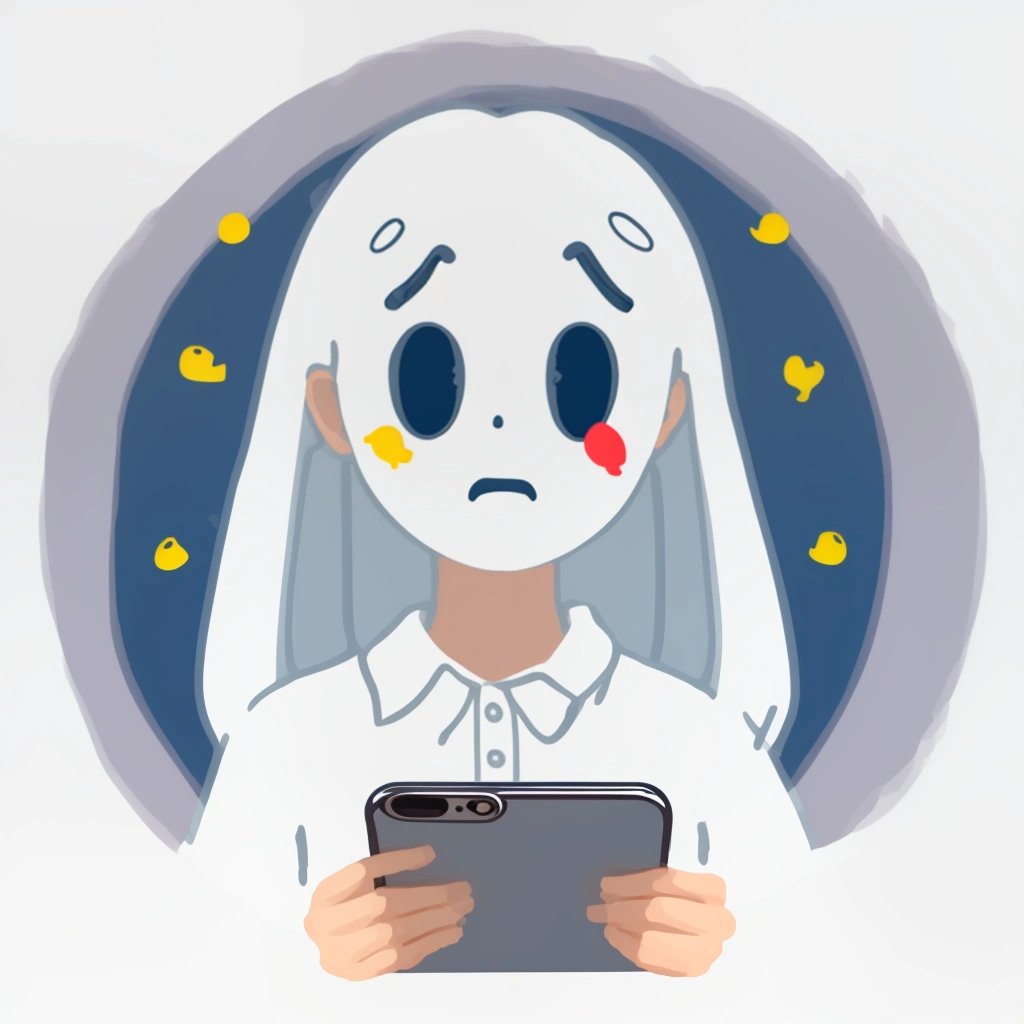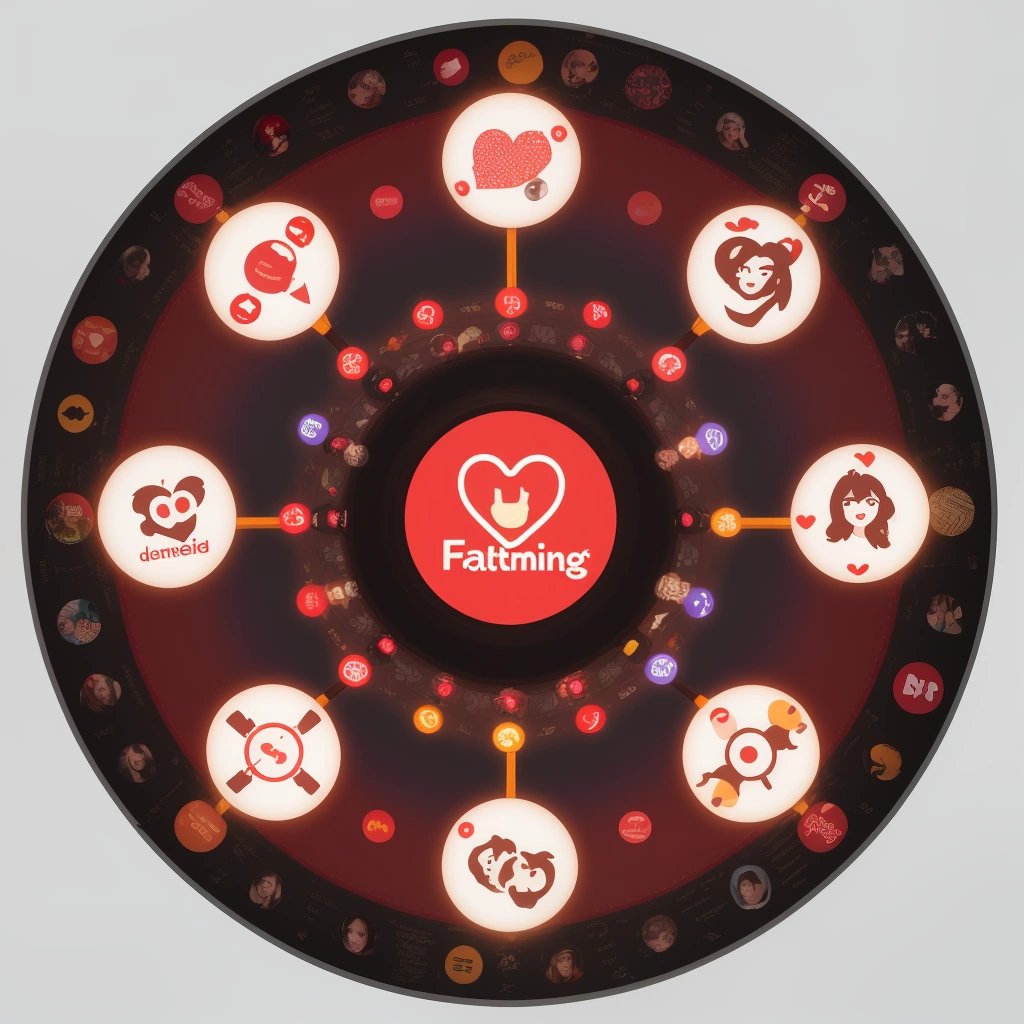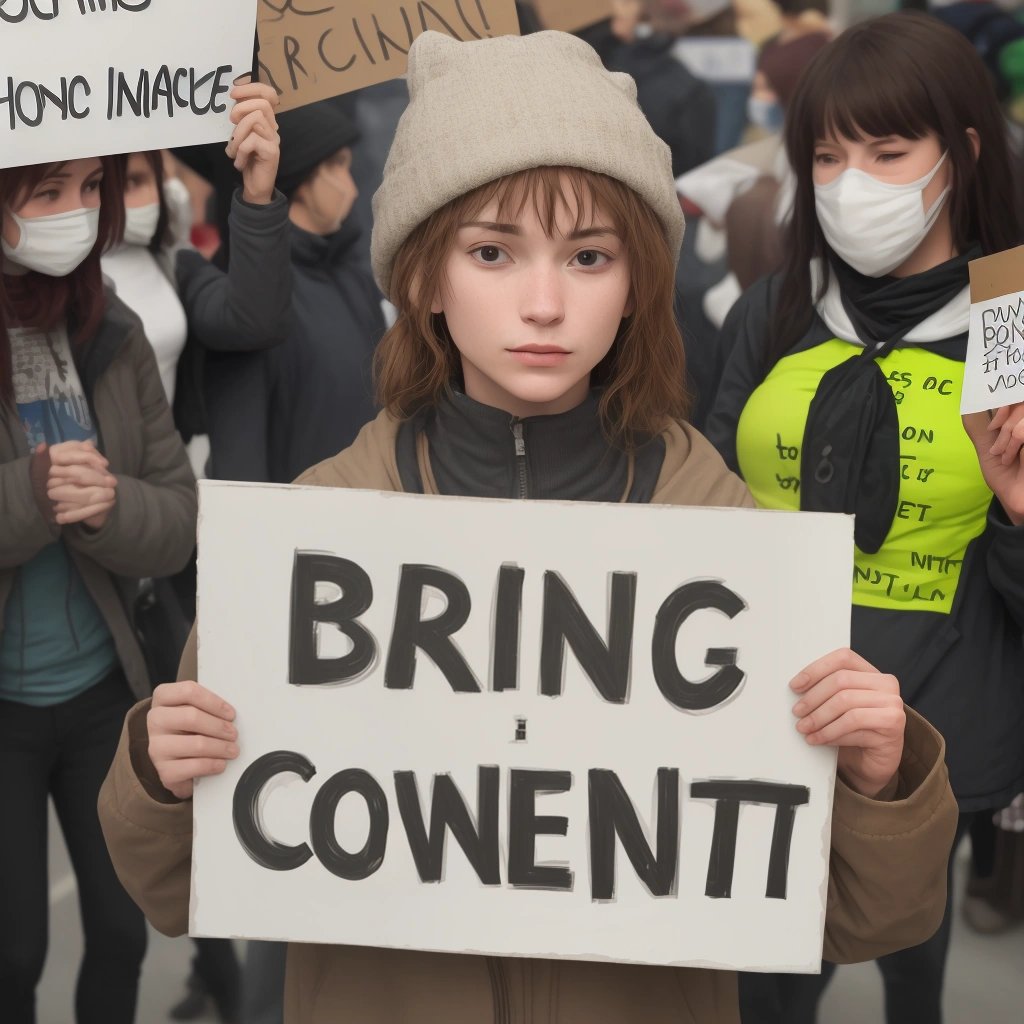The world of dating apps has long been a mysterious and treacherous landscape, filled with countless swipes, banal conversations, and awkward encounters. But perhaps the most perplexing phenomenon within this realm is the dreaded act of ghosting. Yes, dear reader, ghosting has become the norm in the strange and unsettling world of dating apps.
Gone are the days of polite rejections or even straightforward conversations about lack of interest. Instead, in this modern age of digital romance, potential partners simply vanish into thin air, leaving the "ghosted" to wonder what went wrong and question their own worthiness of love.
The actual purpose of dating apps, it seems, has transformed from connecting people and fostering meaningful relationships to a virtual merry-go-round of half-hearted engagement and fleeting connections. It's a place where singles swipe and match with the hope of finding a connection, only to be ghosted at the first hint of genuine interest.
Dating apps have become a breeding ground for ghosting due to several factors. Firstly, the sheer abundance of options available at one's fingertips has created a culture of disposability. With so many potential matches just a swipe away, it's easy for users to discard someone if they don't meet their exact criteria or if a shinier option suddenly appears.
Secondly, the impersonal nature of online communication allows for a disconnect between actions and consequences. Behind the safety of a screen, it becomes all too easy for individuals to ignore messages or disappear without explanation. The lack of face-to-face interaction and the absence of any real accountability have enabled ghosting to thrive.
Lastly, the fear of confrontation plays a significant role in the prevalence of ghosting. No one wants to be the bearer of bad news or face potential conflict. It's much simpler to disappear into the digital ether rather than communicating honestly and respectfully. Unfortunately, this lack of communication only perpetuates the cycle of ghosting, leading to a culture where everyone is left wondering why they were left in the dark.
So, what can be done to combat the epidemic of ghosting? Well, it starts with a shift in mindset and a return to the basic principles of human connection. Dating apps may have provided a convenient platform to meet people, but they shouldn't be a breeding ground for callousness and disengagement.
It's essential for users to remember that behind every profile picture and clever bio, there's a real person with feelings and emotions. Treating others with respect and empathy, even in the digital realm, can go a long way in fostering healthier and more meaningful connections.
Dating apps themselves also have a role to play in addressing the ghosting epidemic. Implementing features that encourage open and honest communication, such as mandatory response requirements or built-in reminders for users to follow up on conversations, could be a step in the right direction.
In conclusion, the true purpose of dating apps should be to facilitate connections and create opportunities for meaningful relationships. However, the prevalence of ghosting has turned these platforms into a digital ghost town, where conversations die before they even have a chance to blossom. It's time to break free from the cycle of ghosting and embrace authentic and respectful communication. After all, love is too precious to be left in the hands of invisible apparitions.






